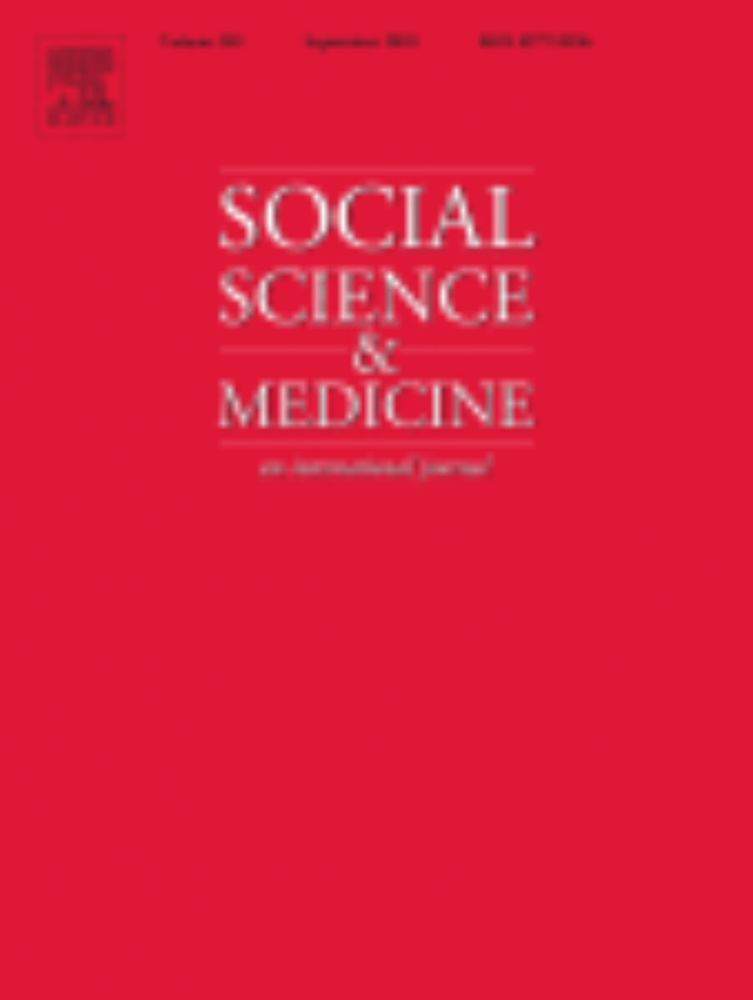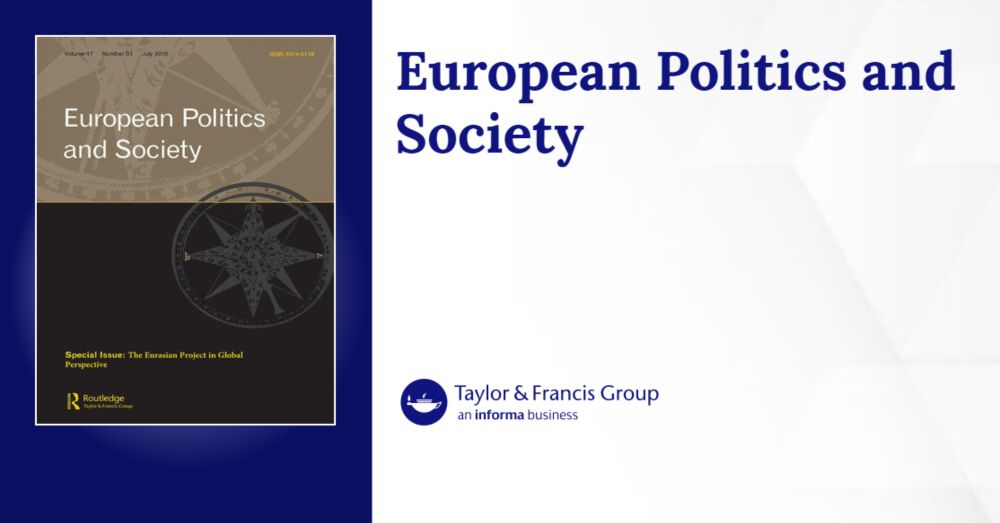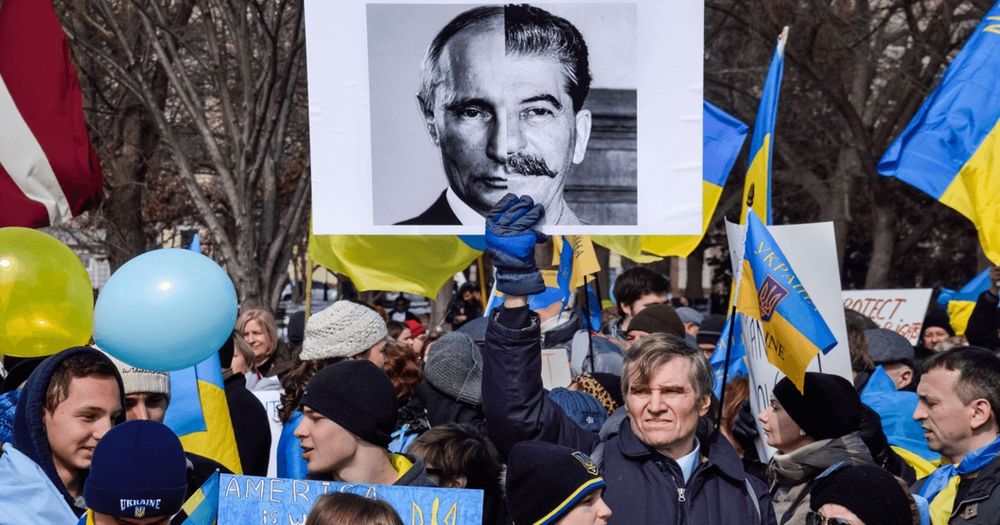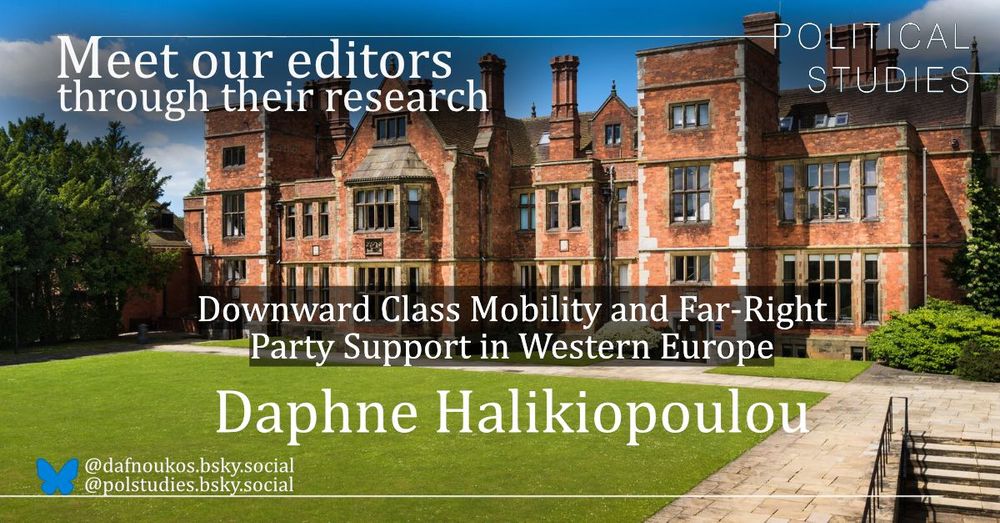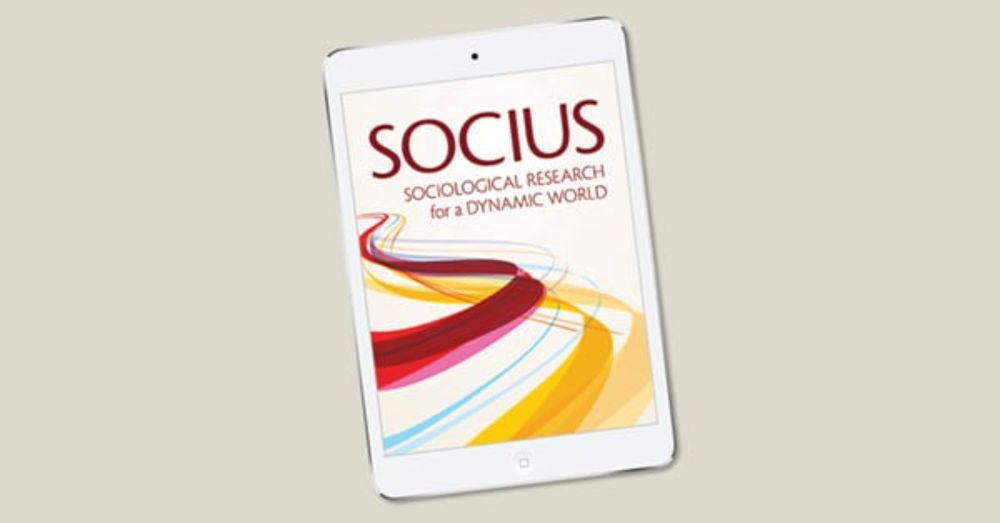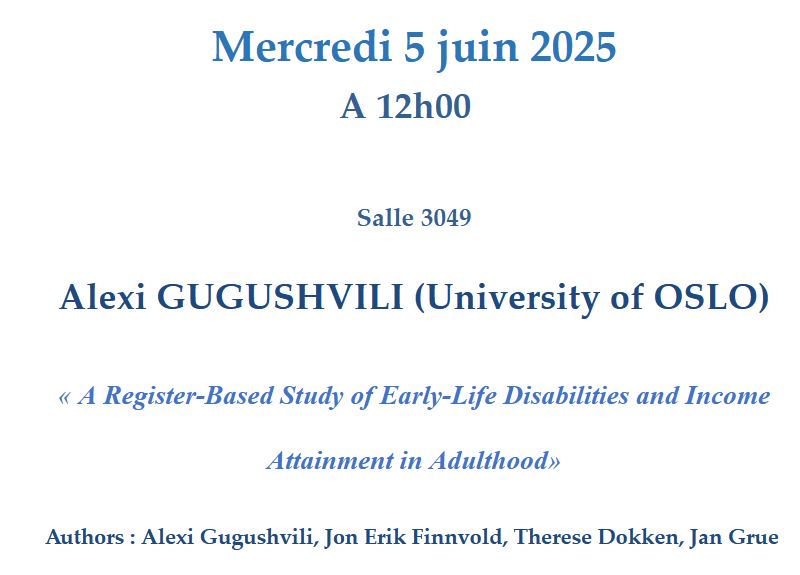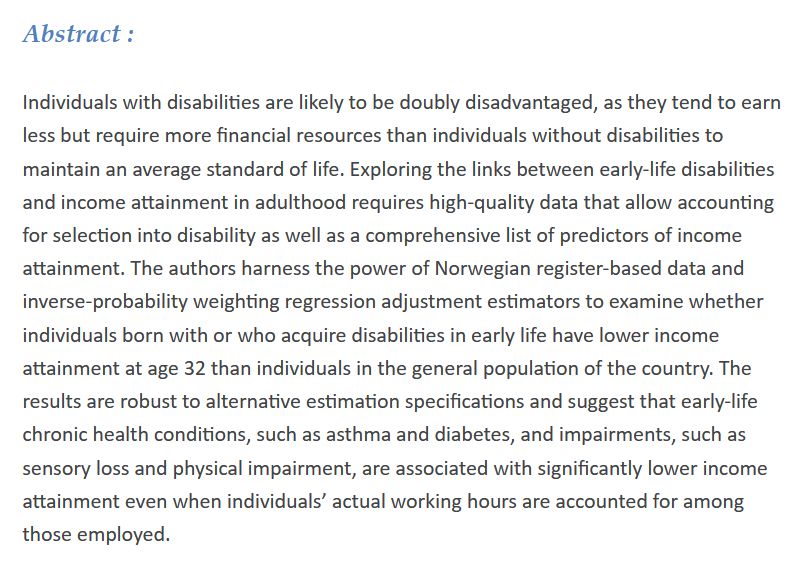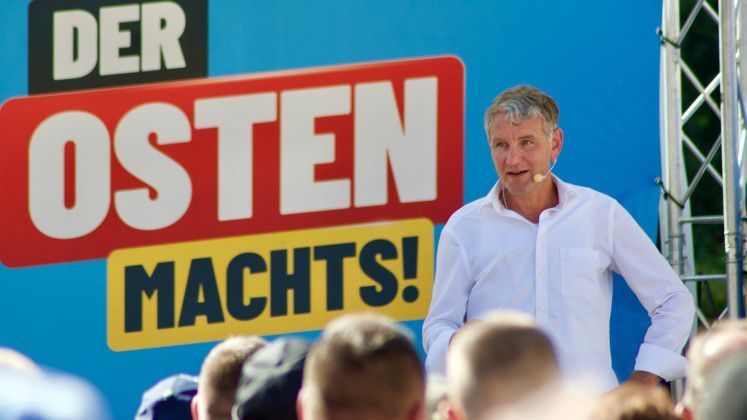Alexi Gugushvili
@a-gugushvili.bsky.social
300 followers
260 following
44 posts
Professor of Sociology @ University of Oslo | Editor @ European Societies | Researching social stratification, health inequalities, and political sociology
Posts
Media
Videos
Starter Packs
Reposted by Alexi Gugushvili
Reposted by Alexi Gugushvili
Reposted by Alexi Gugushvili
Reposted by Alexi Gugushvili
Reposted by Alexi Gugushvili


